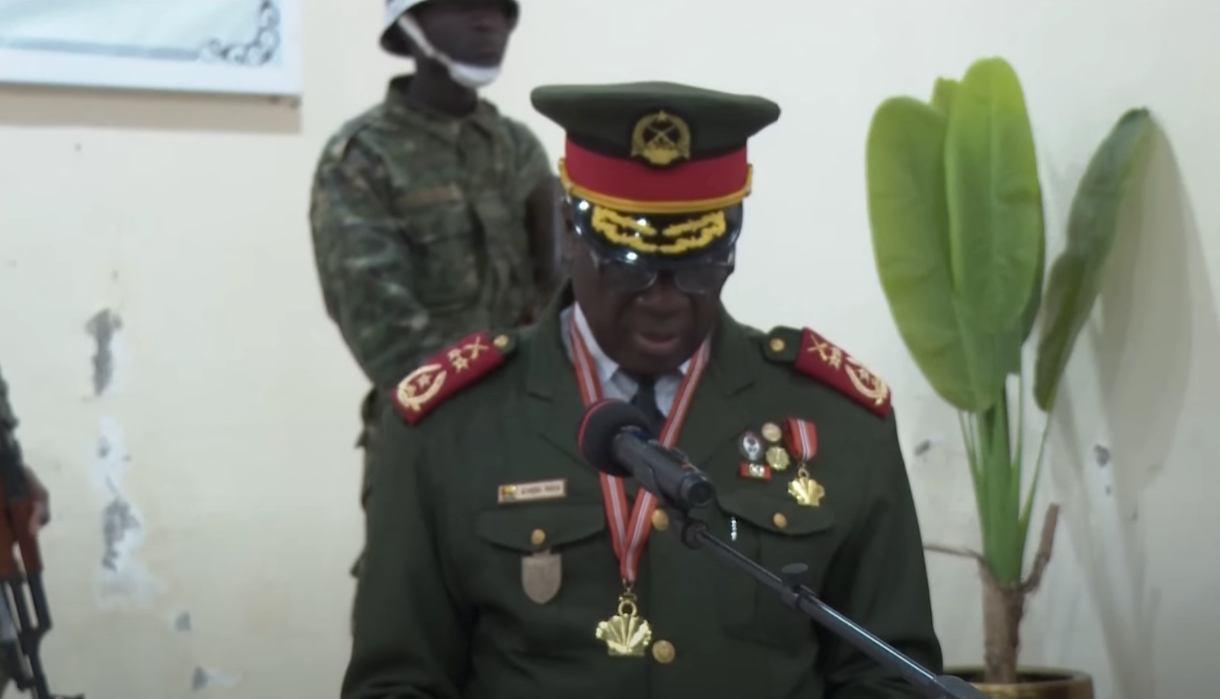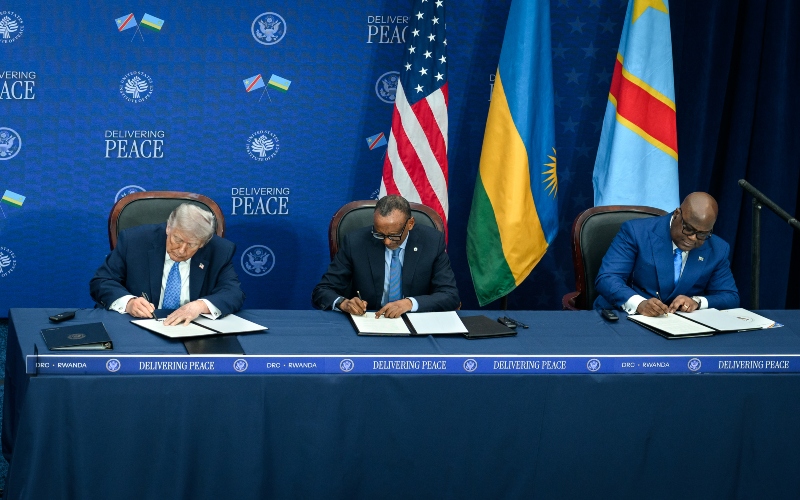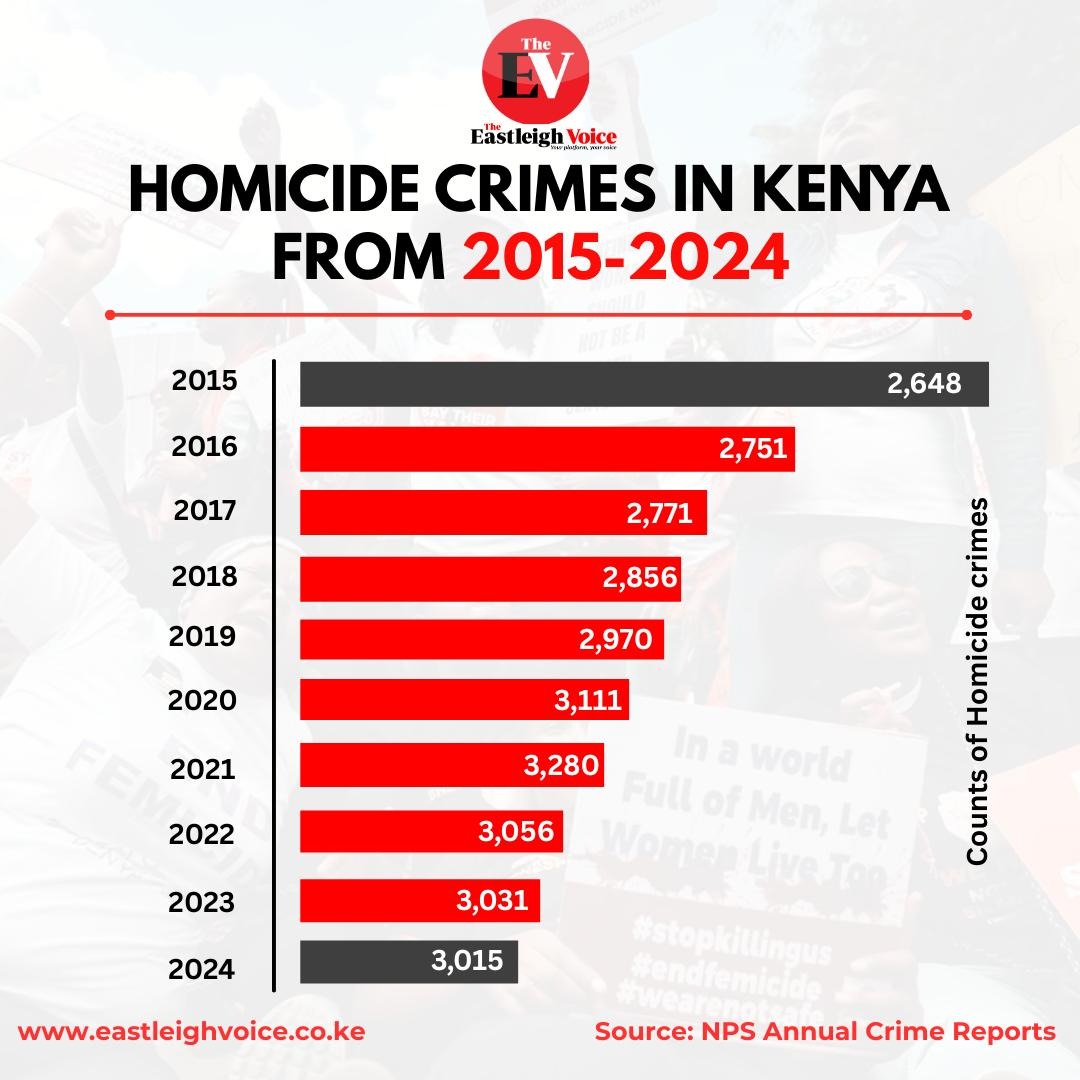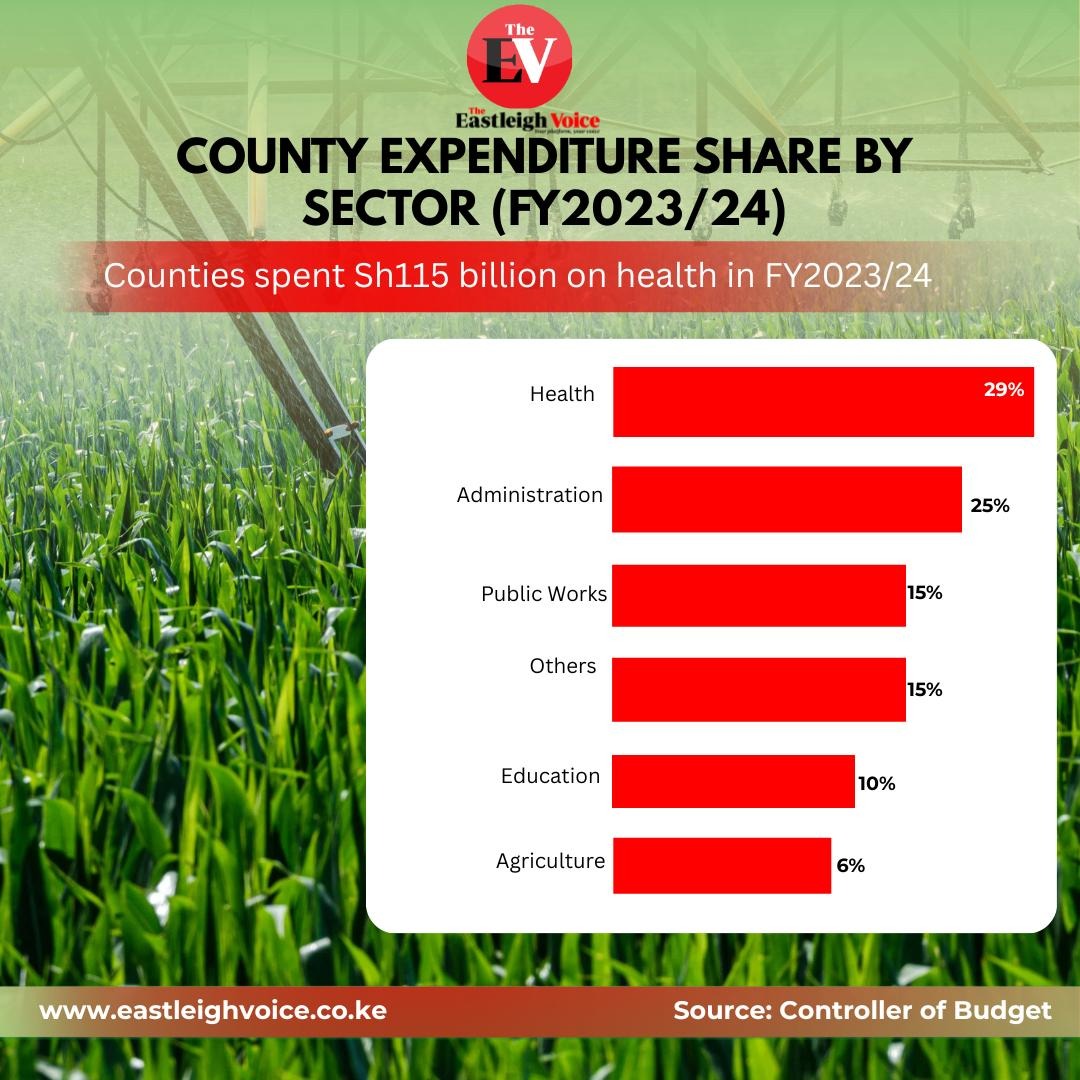Court upholds ban on passport-only voter registration for Kenyans in diaspora

Justice Lawrence Mugambi agreed with IEBC that Section 5(3) of the Elections Act first provides for evidence of eligibility for registration as a voter through the national ID or passport.
Kenyans living in the diaspora cannot register as voters using passports following a High Court ruling that dismissed a petition challenging the restriction.
In a judgment delivered on Thursday, Justice Lawrence Mugambi held that Regulation 37 is not in conflict with Section 5(3) of the Elections Act.
More To Read
- High Court petition challenges IEBC’s role in legal profession elections
- IEBC warns low voter registration, apathy could undermine future elections
- IEBC warns boundary review may spark community, religious and class tensions
- Court to hear petition challenging eligibility of Embu North MP Leo Wa Muthende
- Voters challenge Mbeere North MP Wamuthende’s victory over electoral name discrepancy
- IEBC blames police officers for by-election violence, maintains poll largely successful
The judge further agreed with IEBC that Section 5(3) of the Elections Act first provides for evidence of eligibility for registration as a voter through the national ID or passport.
"Secondly, it states that any citizen with the possession of either of the documents shall be registered as a voter upon application in the prescribed manner to the commission," he ruled.
The court noted that Regulation No.37 prohibits the use of national identity cards to register citizens in diaspora as voters.
Busia Senator Okiya Omtatah had challenged provisions of the Elections (Registration of Voters) Regulations, 2012.
In his petition seeking to invalidate the regulation, Omtatah claimed it violates the Constitution, the Elections Act, No. 24 of 2011, the Registration of Persons Act, the Interpretation and General Provisions Act and the Statutory Instruments Act, No. 23 of 2013.
"The matter is also of extreme public interest because the issues complained of herein clearly contravene the Constitution, and are contrary to public policy," Omtatah had argued in court documents.
Omtatah had sued IEBC and the Attorney General.
The AG opposed the suit, claiming that the matters raised by Omtatah had been argued and determined in 2017.
According to the AG, the right to vote is not absolute and the same may be subject to limitations as may be provided for in law.
"The regulation being challenged has previously been subjected to proceedings before a court of competent jurisdiction and the same has been held to be constitutional," claimed the AG.
It was the AG's contention that Omtatah did not indicate how his constitutional rights had been violated.
"Both the petition and application are defective in form and in substance, and are therefore unmeritted and brought in bad faith," claimed the AG.
Top Stories Today











































